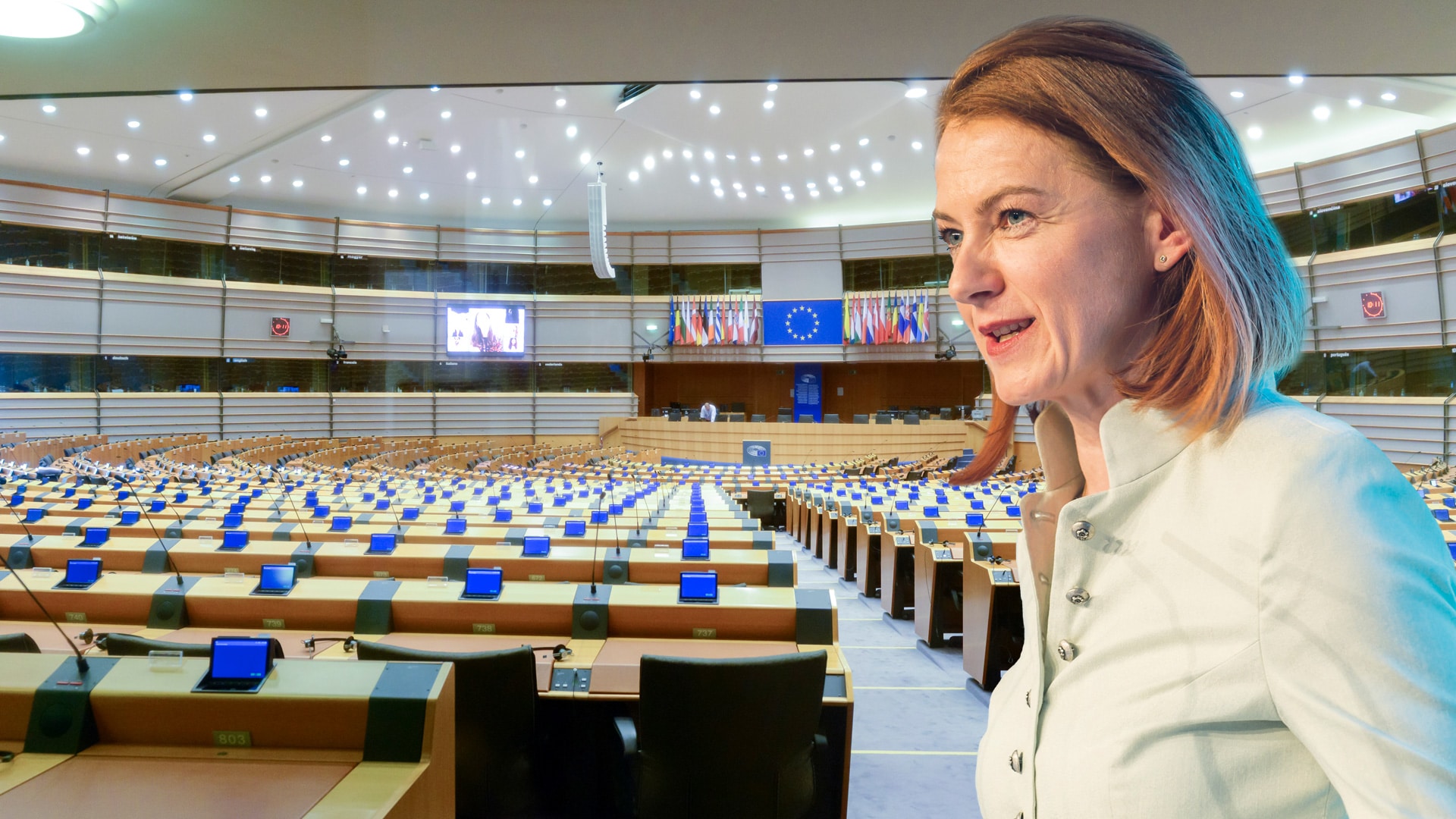BIO action plan / EU commission
No increase in organic production without corresponding demand! My point of view has now finally met with open ears from the EU Commission. With the Green Deal, the EU Commission wants to expand the organic acreage in the EU by 300% by 2030 – from currently 8% to 25%. Austria is already a world leader with 26% organic cultivation area – and thus already meets the Green Deal requirements. On Thursday, March 25th, the EU Commission presented an organic action plan that finally also takes demand into account. Organic sales are to be increased through organic requirements in public procurement, at schools, more awareness among the population, improved traceability of organic products and exports. A U-turn to the farm-to-fork strategy with the “more organic production and everything is good” mentality. Because without a sales market, the organic price collapses and organic farmers suffer. Supply and demand must grow together. The new knowledge of the EU Commission was urgently needed.
Regions for climate protection / regional committee
On Thursday, March 25th, we voted in plenary on the list of demands for the regions to contribute to climate protection. Our regions, our communities are the backbone of our society – and the front line in the fight against climate change. If we are serious about climate protection, we absolutely need regional economic cycles – and those that already exist must be strengthened. We have to use the full potential of the bioeconomy. Biogenic raw materials from sustainable agriculture and forestry are part of the solution. In this way, we are promoting attractive and livable rural regions that are simultaneously successful in the long term – in terms of climate protection, the economic upturn after the crisis and competitiveness.
–
Mercosur / EU Commission
I have long called for a country-specific impact assessment of the Mercosur trade agreement on our agriculture. My opinion is also shared by the EU Ombudsman, O’Reilly. On Friday, March 19, she expressed criticism of the EU Commission’s approach in her investigation into the planned trade agreement. Because a trade agreement agreement should not have existed without a previous updated sustainability impact assessment. “Closing a trade agreement before its potential impact has been fully assessed runs the risk of undermining these values and deprives the public of the opportunity to discuss the agreement,” said the Ombudsman.
–
Food exports / Brexit
The consequences of the Brexit agreement are having an impact on the food industry: On Monday, March 22nd, the British food association Food and Drink Federation (FDF) announced that British food exports to the EU in January 2021 would increase by 75 percent compared to January 2020 have broken in. Exports to non-EU countries only fell by 11 percent. The slump in exports had a particularly strong impact on salmon with a minus of 98 percent, beef with 91 percent and pork with 86 percent. The main reason for this decline are non-tariff trade barriers due to Brexit, such as food certificates. British companies also replenished their stocks in the EU shortly before leaving the EU at the turn of the year.
–
– Image sources –
- Facebook Eu Parlament: EU, Paul Gruber
–
– Advertising –
–


